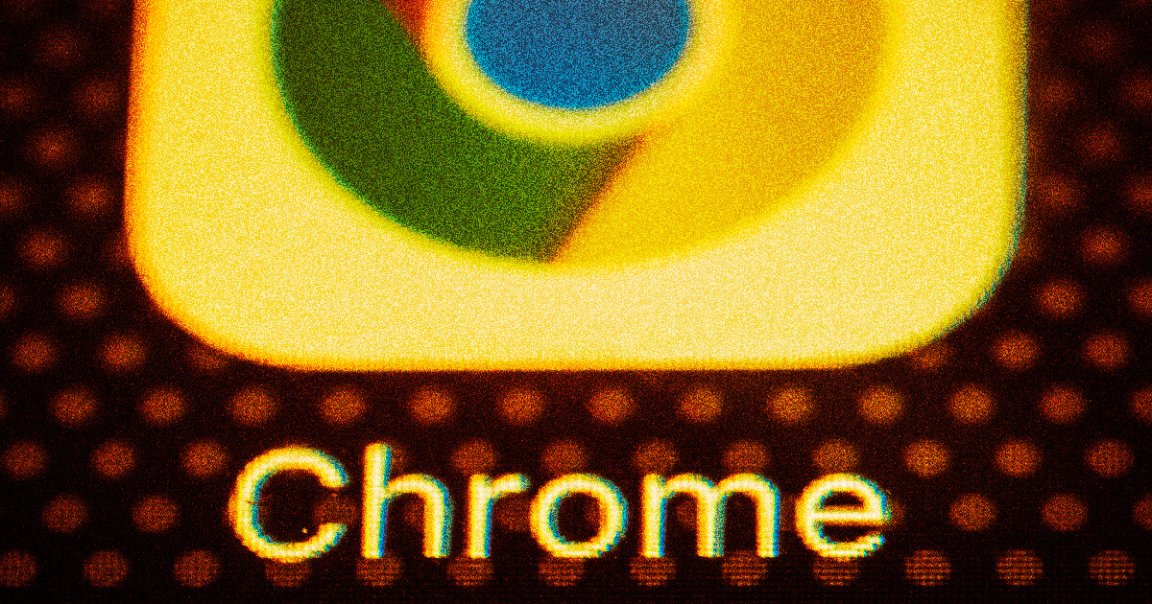
Write Bot
Google is gearing up to release a new feature for Chrome that’s essentially an in-browser, AI-powered writing assistant — a move that just might drown the Internet in even more AI-generated spam.
“Writing on the web can be daunting, especially if you want to articulate your thoughts on public spaces or forums,” wrote Google Chrome vice president Parisa Tabriz in a Tuesday post. “So in next month’s Chrome release, we’ll launch another experimental AI-powered feature to help you write with more confidence on the web — whether you want to leave a well-written review for a restaurant, craft a friendly RSVP for a party or make a formal inquiry about an apartment rental.”
To use the new writing assistant, you first log onto the Chrome browser, which dominates the market with an estimated 3-plus billion users. To activate the AI writing assistant, you “right-click a text box or field on any site you visit in Chrome and select ‘Help me write,'” Tabriz says.
“Type in a few words and our AI will kickstart the writing process for you,” she said.
Writing as Lost Art Form
An AI writing assistant seems fairly benign, since so many people are already harnessing AI, such as OpenAI’s ChatGPT, to generate text. But the gigantic user base for Chrome, with ready new access to an AI writing assistant, may be a world-changing event for the Internet.
What will it mean when everybody and their mother is using AI to generate content? At scale, the results may be grim.
People may inadvertently plagiarize content because these AI platforms “cannot learn without a tendency to inadvertently regurgitate big bits of text and images that look uncannily like their sources,” writes AI expert and cognitive scientist Gary Marcus in his Substack.
You see this same tendency to violate copyright in generative AI applications for images as well.
And the big danger with Google mass releasing an AI writing assistant is that the Internet will be filled with even more AI-generated content. And that means AI models will be trained on AI-generated content — making for an ouroboros of crap and the possibility of these models becoming “poisoned” and prone to malfunctioning.
Marcus puts it succinctly: “But in the end, nobody will create good, fresh, new content anymore, and the internet will start eating its own tail. We will all suffer in the end, fed a mediocre stew of regurgitate.”
More on Google: Google Secretly Showing Newspapers an AI-Powered News Generator